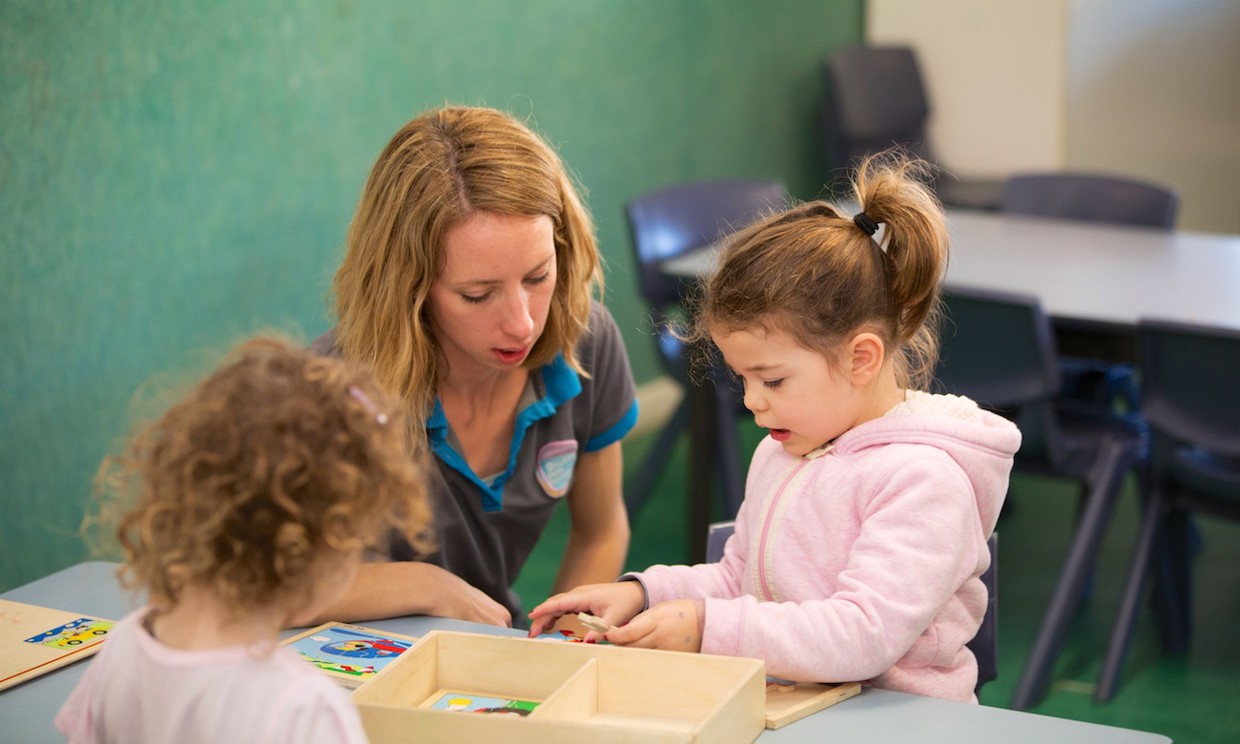Children learn more efficiently from playing with the “master players” in the playground than adults, according to international early learning expert Professor Jane Bertrand.
At eight or nine months old, babies are initiating playful exchanges with other young children, and by the age of five years old, children are rapidly expanding their capacity to understand and participate in the world around them, and their peers.
Prof Bertrand, a Goodstart Early Learning Thought Leader, said research showed children were often more interested in listening to another child who they perceived to know more than them, rather than an educator who knew a lot.
But Prof Bertrand said educators played a vital role in maximising learning opportunities.
Prof Bertrand said educators must be responsive, figure out how children are thinking and help construct the best possible environment to support play – for example intervening during play to keep a storyline going during socio-dramatic play.
She said play-based learning was a complex form of natural enquiry that required educators knowing each child’s overall development, including their emerging strengths and interests.
“They must watch the dynamics and work out which child can learn from another,” Prof Bertrand said.
“They must know when to stand back and when to intervene to promote the learning experience.”
Prof Bertrand is a member of Goodstart’s Thought Leaders Group and works with the organisation to embed evidence-based practice into the early learning programs. These are offered to children aged six weeks to five years, through Goodstart’s Kindergarten and Preschool programs, which includes play-based child-on-child activities.
Capability and Early Learning Strategy General Manager Heather Finlayson, said educators worked to improve their knowledge and practice with children.
She said knowing that children played together provided a strong basis for learning.
“Play is the cornerstone if early childhood education and is how children organise and make sense of the world around them as they interact with people and objects and each other,” Ms Finlayson said.
“It offers opportunity for children to practise emerging skills and supports the development of communication, social and emotional wellbeing, and thinking abilities.
“It is important that children are encouraged to work together and we need to remember that, for children, play is their work – play is their way of making sense of the world and building the skills they need to be successful.”


